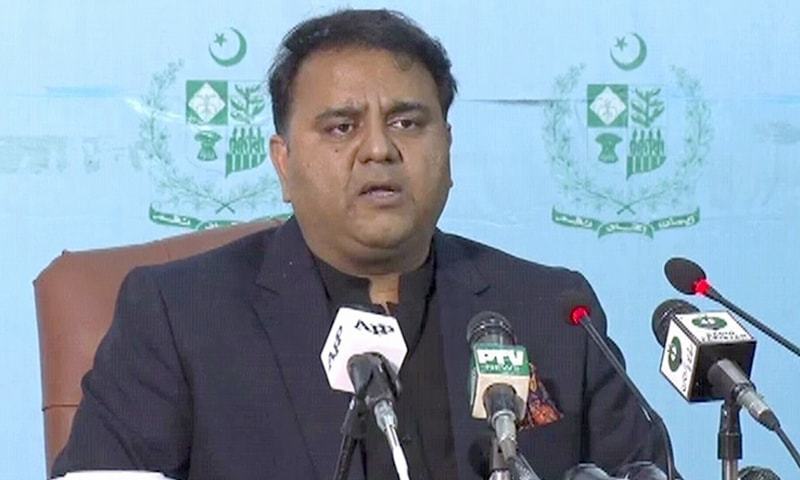ISLAMABAD: With cyber security a major concern, Minister for Science and Technology Chaudhry Fawad Hussain has said his ministry is considering introducing a strong data protection law to protect citizens’ privacy.
His comments came on Sunday in response to the new WhatsApp privacy policy that allows sharing of consumers’ sensitive information. The new policy requires users to share personal data such as location, IP addresses, operating systems, information on how subscribers interacted with each other and even mobile network and mobile device information such as IMEI number.
The new terms of service which are set to take effect a month from now, on Feb 8, come with the condition that if the users refuse to share data with Facebook, they would have to quit WhatsApp.
WhatsApp started rolling out its app-update notifications earlier this week claiming there had been a change in its Terms of Services and Privacy Policy. The users were informed that the application was going to be handling their data rather differently owing to its new partnership with Facebook.
“And it is particularly disturbing that these new conditions do not apply to subscribers in the USA, UK and Europe,” the federal minister for science and technology told Dawn describing the new policy ‘discriminatory’.
Mr Hussain said cyber security was a major concern and his ministry was taking initiatives to protect personal data of subscribers.
He argued that instead of adopting a ‘unilateral’ approach, such policy changes should have been made after wider consultation.
“WhatsApp may have claimed that they would allow other sister organisations such as Facebook to access certain users’ information for advertisement purposes. But once encryption is removed, WhatsApp’s sister companies will have access to every information of subscribers,” the minister explained.
According to a senior official of the Pakistan Telecommunication Authority (PTA), users will likely see advertisements in the future like they do while watching videos on YouTube and on other social media platforms.
However, he said, it was too soon for the PTA to respond, which was still assessing the new policy and how it would affect users.
According to the official, most of the information WhatsApp will allow other organisations to have access to is “sensitive data and thus alarming”.
“None of the information of users, which WhatsApp now wants to pass on to other businesses, were not allowed in its previous privacy policy,” he said, elaborating that the social media platform Facebook bought WhatsApp in 2014.
While responding to wide criticism from experts in the information technology field that their privacy and personal information would be compromised, WhatsApp maintained that personal chats would remain end-to-end encrypted and no third party would be able to read them. It said the update did not change WhatsApp data sharing practices with Facebook and did not impact how people communicated privately with friends or family.
Internet activist Nighat Dad, who runs a non-profit organisation Digital Rights Foundation, shared concerns of the federal minister. “It’s worrisome that the new conditions will not apply to the EU countries,” she said.
“Facebook already has access to a lot of our personal information but that is OK because it was an informed decision. But what about all those across the world who do not use Facebook and only WhatsApp due to privacy reasons or for whatever reason. It makes us wonder why WhatsApp needs information such as the model of our handsets, our local phone numbers, and our location to mention some major data that they are now going to ask for under the new conditions,” she said.
She also feared that in future Pakistan would come up with its own laws to protect consumers’ data that could be, what she called as draconian as the Pakistan Electronic Crimes Act (PECA), which compromises personal data of users.
Published in Dawn, January 11th, 2021















































